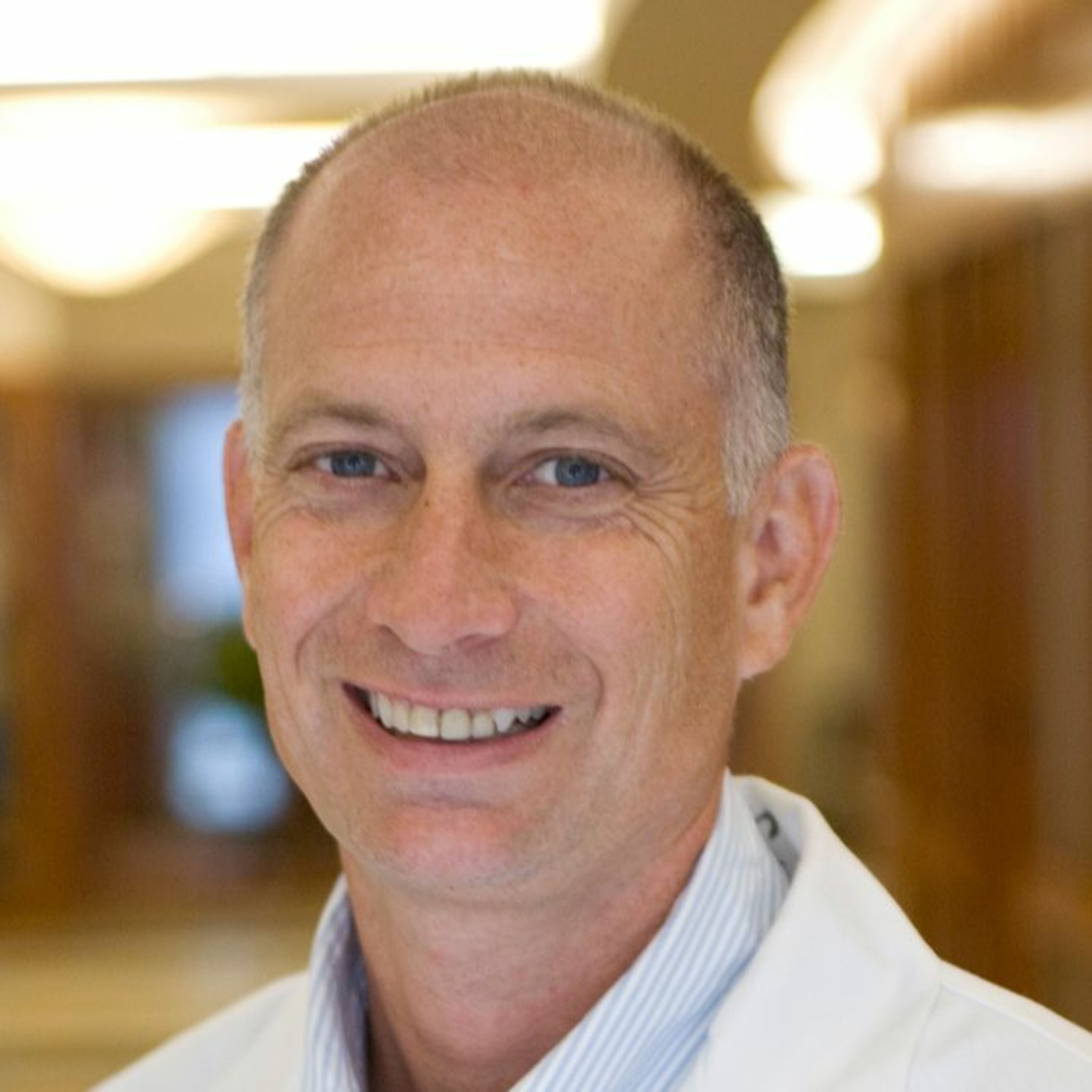Reasons for hope in the fight against lung cancer

As a lung cancer pulmonologist who sees 5-7 new patients every week, runs a patient-focused clinical research program, and has been helping patients fight lung cancer for more than 25 years, Gerard Silvestri, MD, MS, has a long history with this disease. So when he says, “I have never been in my career so optimistic as I am now,” take note. In this interview Dr. Silvestri talks about reasons for optimism in nearly every aspect of lung cancer research, from prevention and screening to new treatments and survivorship. Dr. Silvestri is Professor of Medicine and the George C. and Margaret M. Hillenbrand Endowed Chair at the Medical University of South Carolina. He’s also on the steering committee of the National Lung Cancer Roundtable, a coalition of leading professional, government and non-governmental organizations working to accelerate the nation's efforts to reduce mortality from lung cancer. 2:29 – On his work in the clinic and the lab: “Every Tuesday I see between 5 and 7 new patients with lumps and bumps, and my job is to do three things—ask the questions: ‘What is it?’ (that’s the diagnosis); ‘Where is it?’ (that’s the stage); and ‘What can we do about it?’ (those are the treatment options).” 4:21 – What should people know about lung cancer? After noting that, “more women will die of lung cancer than all other female cancers combined,” he shared encouraging news about prevention and screening. 6:36 – On what it means to be a high-risk patient 8:42 – On where high-risk patients should go for screening, and the importance of returning for follow-up screenings: “The where is actually really important…you should be in a place that can really care for you.” 12:11 – On lung cancer in patients who have never smoked 15:09 – On why he’s never been more optimistic about treatment breakthroughs 20:04 – On the work of the National Lung Cancer Roundtable 23:30 – On three aspects of the Roundtable’s work that are particularly exciting 27:51 – A message he’d like to share with cancer patients and caregivers